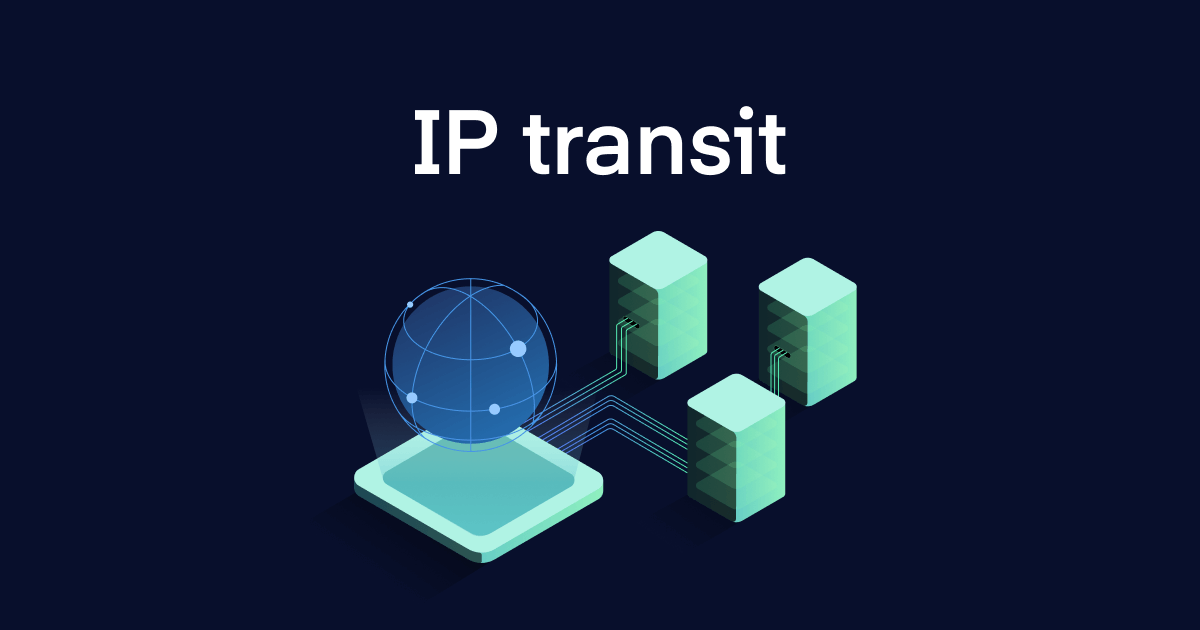Companies of all sizes depend on IP Transit to gain access to the world of technology. IP transit is the foundation of all modern communication networks, from accessing cloud-based services to supplying platforms for e-commerce. This article will explore IP Transit, IP Transit providers, their services, and the price of IP Transit.
IP transit, often referred to as internet transit, is the service of allowing network traffic to cross or “transit” a network, enabling users to connect to the wider internet. IP transit providers facilitate this connectivity by owning and operating the infrastructure required to send data between networks. They are crucial in giving consumers and businesses an internet connection that is reliable.

Companies have plenty of options when it comes to IP Transit services. Some providers offer basic transit services, providing access to the internet without extra features or adjustments. Other providers offer more advanced features including managed IP transit, which offers additional support, monitoring, and security features. The type of service you pick is based on the requirements and demands of your business.
Pricing is one of the most important considerations for businesses when choosing a service. Pricing for IP transit can be influenced by factors such as bandwidth requirements, geographical location and service-level contracts. It is important for businesses to understand the different pricing models and cost structures offered by providers in order to make educated decisions and benefit the most out of their investment.
Business owners should not just look at pricing, but also reliability and performance. Carrier grade networks with backbone connectivity that is 100G or 400G provide the security as well as the scalability, reliability and scalability required for mission-critical services and applications. Automation from end-to-end further improves efficiency and provides a seamless customer experience.
For companies looking to simplify the network connections, IP Access offers a fully adaptable and customizable solution. This solution is ideal for companies that have older installations or specific requirements. Businesses can customize their connectivity by utilizing options like IPv4/31 or IPv6/127. standard transfer networks.
IP-Access, when it comes to internet connectivity, also provides the basic DDoS (Distributed Denial of Service) protection against attacks that are volumetric. This provides an extra layer of security for the networks of businesses. This protects against interruptions in service and the potential loss of revenue from cyber threats.
Inter.link Portal provides a convenient cost-effective, effective and efficient way to access IP services for every business. Businesses can set up IP Transit in a matter of minutes by making a couple of clicks. You can select your preferred locations, bandwidth requirements, port speed and duration of contract. This simple process can save time and resources which allows companies to focus on the core tasks.
In conclusion, IP transit plays a vital role in enabling the modern internet, enabling companies to connect with others around the globe. Understanding the basics of IP Transit, their role of IP Transit providers, their range of services, and how they determine their pricing and costs will assist businesses in making informed choices. They can also make sure that they have the right connectivity to thrive in the digital world of today. IP Transit is at the center of all modern communication networks, whether it’s to connect cloud-based services, supporting platforms like ecommerce or connecting remote offices.

